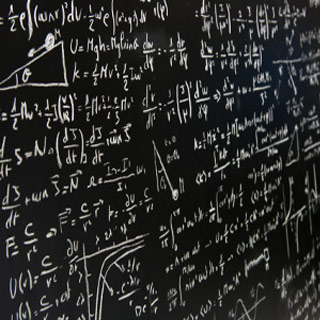
Dyscalulic learners probably have abnormalities in a particular network of their brains and require help to grasp even simple number concepts. Appropriate specially-designed teaching schemes supported by game-like software that adapts to the learner’s current level of competence can be developed. Similar to dyslexia, dyscalculia too is a condition an individual is born with, and may be heritable in many or most cases. After conducting investigations on twins and special populations, it was affirmed that an arithmetical disability has a large genetic component.
“Results from neuroscience and developmental psychology tell us that dyscalculic learners need to practice far more number manipulation tasks than mainstream learners. Adaptive, game-like programs that focus on making numbers meaningful, emulating what skilled SEN teachers do, can help learners practice beyond the classroom and build the basic understanding they need to tackle arithmetic,†commented Professor Diana Laurillard, another co-author and a member of CEN from the Institute of Education (IOE), University of London.
However, the probable genes responsible for the condition have not yet been identified. Currently, experts have also developed software resources specifically for children with dyscalculia. Additional investigations have to be conducted for understanding this wide-spread disorder.
The study is published in the journal Science.
